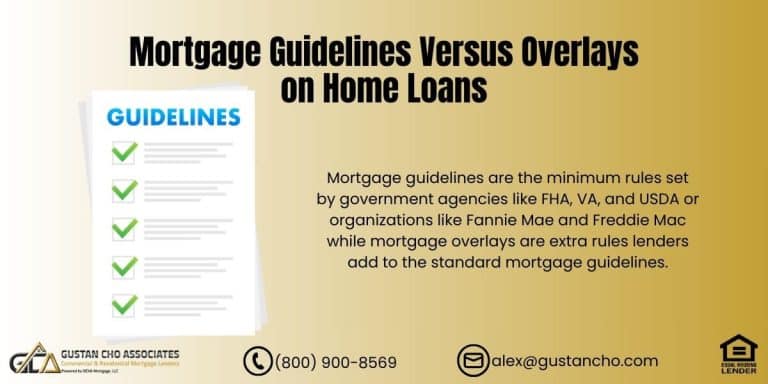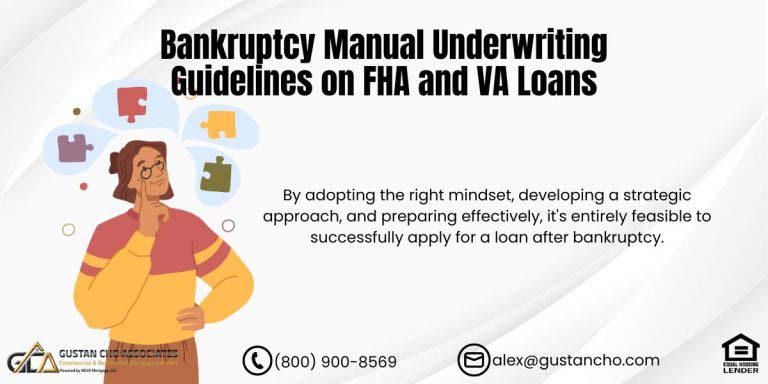This guide covers how credit card balance affect debt-to-income ratio for mortgage borrowers. We will discuss the negative impact how high credit card balance affect debt-to-income ratio and lowers credit scores during the mortgage process. Homebuyers or homeowners trying to refinance their home loan, credit scores are not the only thing they need to worry about.
Credit balance affect debt-to-income ratio are equally as important. One of the quick fixes to high debt-to-income ratio solutions are paying down credit cards.
The minimum payment due on credit cards will be counted towards debt-to-income ratio calculations. Credit balances and debt-to-income ratios go hand in hand. High debt-to-income ratio mortgage loan applicants may want to consider paying down credit cards prior to formally applying for a home loan. In this article, we will discuss and cover how credit card balance affect debt-to-income ratio and how to improve credit scores by lowering credit card balances.
How Credit Card Balance Have Impact on Credit Scores
Your credit card balance can have a significant impact on your credit score. Your credit score is a numerical representation of your creditworthiness, and it is used by lenders and creditors to assess the risk of lending to you. In this section, we will cover how your credit card balance can affect your credit score.
One of the most important factors in determining your credit score is your credit utilization ratio, which is the amount of credit you’re using compared to your total available credit.
The credit utilization ratio accounts for about 30% of your FICO credit score, one of the most commonly used credit scoring models. To calculate your credit utilization ratio, divide your credit card balances by your credit card limits and multiply by 100 to get a percentage. A lower utilization ratio is better for your credit score. Ideally, you should aim to keep your utilization below 30%, and lower is even better.
How Credit Card Balance Affect Debt-To-Income Ratio and Credit Scores
Many consumers cannot figure out why their credit scores are so low when they have no derogatory tradelines in the past several years. One of the biggest and main reasons why consumers have lower credit scores is due to not having any active revolving credit accounts.
Every consumer should have at least three credit cards with at least $500 credit balances. Those with lower credit scores and prior bad credit should get three secured credit cards as soon as possible.
Each secured credit card can boost one’s credit scores by 30 or more points. As the secured credit card ages, consumer credit profiles will strengthen and their credit scores will go up further. Eventually, the secured credit card company will offer a higher credit limit increase without asking for an additional deposit.
Impact How High Credit Card Balance Affect Credit Scores
Part of the credit score is the number of available credit consumers has available. One of the quickest fixes any consumer can have to boost credit scores instantly is by paying down their credit cards. No more than 10% balance of the credit limit should be on every credit card to maximize credit scores.
Your credit card balance also affects your payment history, which is the most significant factor in determining your credit score (approximately 35% of your FICO score).
Making on-time payments consistently is essential for a positive payment history. High credit card balances can make it more challenging to make timely payments, especially if you’re close to maxing out your credit cards. Late payments can have a negative impact on your credit score. The more credit available on credit cards, the higher credit scores will be. Consumers with credit balances that are close to the credit limit, then their credit scores will suffer. Just by paying down or paying off credit card balances, credit scores will greatly improve.
Guidelines on Paying Down Credit Cards During Mortgage Process
There are many cases borrowers barely meets the maximum debt to income ratio requirements. How credit card balance affect debt-to-income ratio and credit scores on all loan programs. For conventional loans, the maximum debt-to-income ratio caps at 50% debt-to-income ratio. Having a mix of different types of credit accounts, including credit cards, installment loans, and mortgages, can positively affect your credit score.
High credit card balance affect credit score for your mortgage loan. If you have a high credit card balance relative to your other credit accounts, it may indicate that you are relying too heavily on revolving credit, which could negatively affect your credit mix.
For FHA loans, the maximum back end debt-to-income ratio caps at 56.9% to get an approve/eligible per automated underwriting system approval. Borrowers barely meeting the debt-to-income ratio caps due to higher credit card balances any unexpected increase in debt-to-income ratios will automatically disqualify them.
Case Scenario How Credit Card Balance Affect Debt-to-Income Ratio
For example, here is a case scenario: Consumers with $100 in monthly homeowners insurance payments. That goes up by $150. That extra $50 in the increase of homeowners insurance can exceed the maximum debt to income ratios permitted. They need to reduce other monthly payments in order to meet the maximum debt to income ratios allowed. The length of time you’ve had your credit card accounts open can also impact your credit score. If you’ve had a credit card for a long time and have managed it responsibly, it can have a positive effect on your credit score. However, a high balance on an older account may not be viewed as favorably.
Solution How Credit Card Balance Affect Debt-To-Income Ratio
The best solution to solve the debt-to-income ratios and reduce monthly debt payments is by getting rid of minimum credit card payments. The benefit of paying off credit cards prior to the mortgage application and approval process is borrowers not have to close out credit cards. If during the mortgage application and approval process borrowers pay off credit cards so they can meet the debt-to-income ratio requirements. HUD and Fannie Mae will require borrowers to pay off credit cards and after paying off credit cards, will be required close out credit card accounts.
Proof that the credit card accounts are paid off and that the credit cards are closed will be required. A new credit report showing that the credit card balance has a zero balance and that the credit card account is closed is required. Needs to be reflected on the credit report through a credit supplement.










So are you telling me that i will be required to pay off my credit cards and close them in oder to get a mortgage?
You do not have to pay them off in full. You can enter into a written payment agreement with the creditors on your collections and/or charged off accounts. It can be whatever amount you agreed upon between you and the creditor. It can be $20 dollars per month and/or whatever amount they agree with.